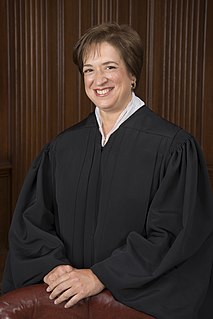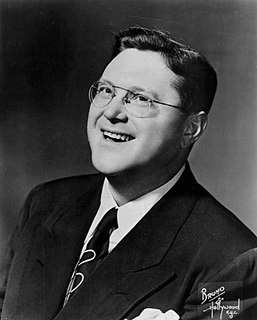A Quote by Elena Kagan
When the Senate ceases to engage nominees in meaningful discussion of legal issues, the confirmation process takes on an air of vacuity and farce, and the Senate becomes incapable of either properly evaluating nominees or appropriately educating the public.
Related Quotes
With Republicans in control of the Senate for the first time since Barack Obama took office, the president may find it harder to appoint left-wing lawyers to judgeships. Whether he compromises on some of his nominees, including any to the Supreme Court, may depend on the willingness of the new Republican majority to engage the president on judicial philosophy.
What's insulting to the American people, the Senate, to this whole process is that the Republicans, with all other nominees, have said Democrats are being obstructionist for wanting to see documents, for wanting to see a paper trail, for wanting to get questions answered in the judiciary committee hearings, and now all of a sudden, the Republicans want those things for this.































